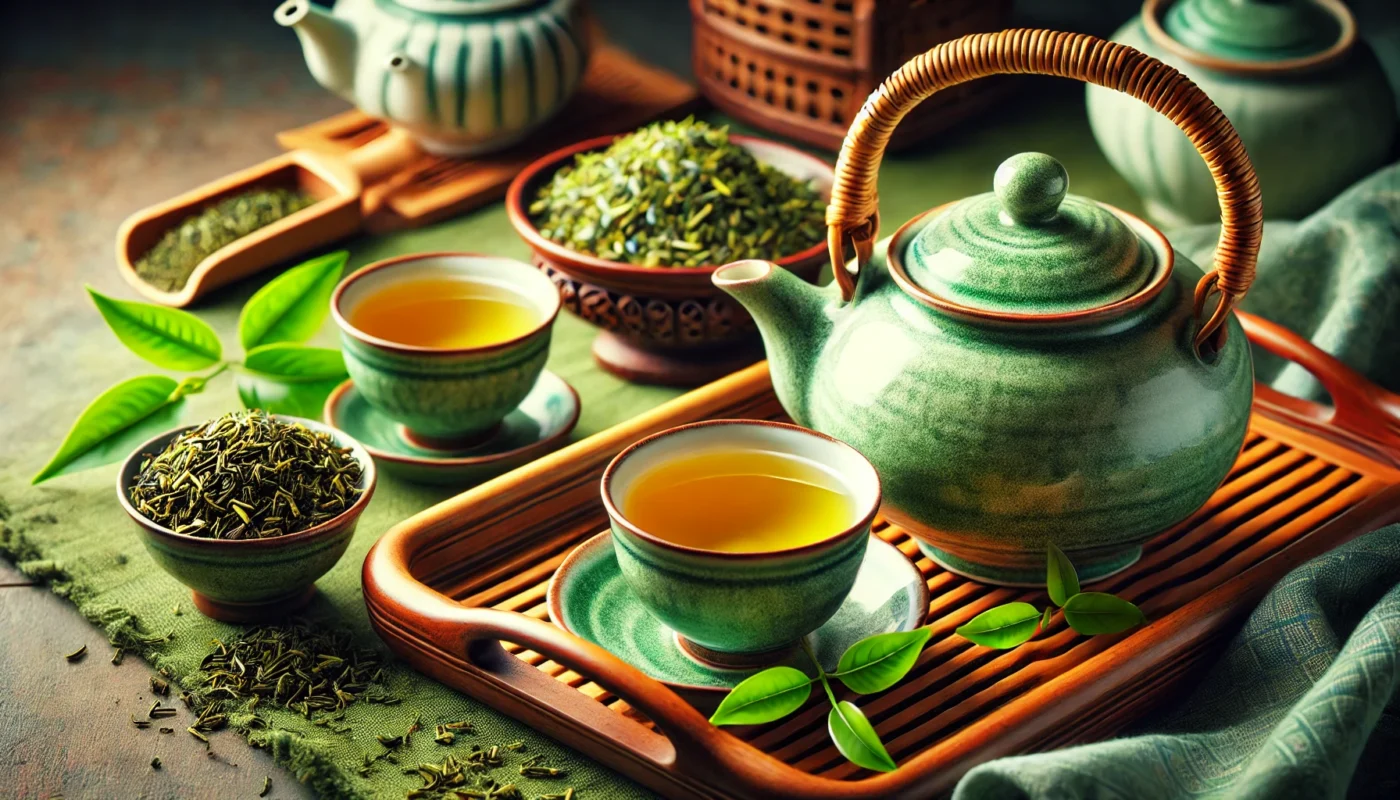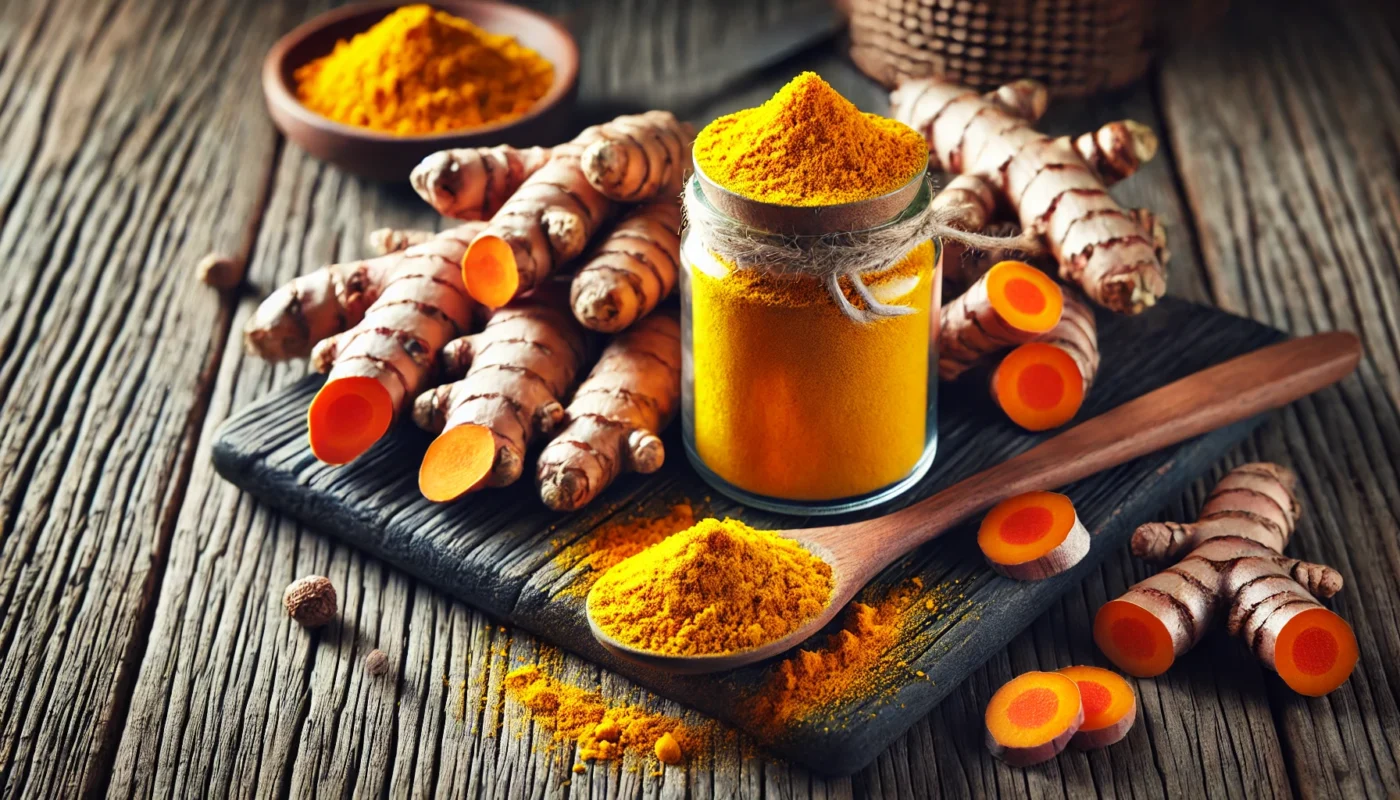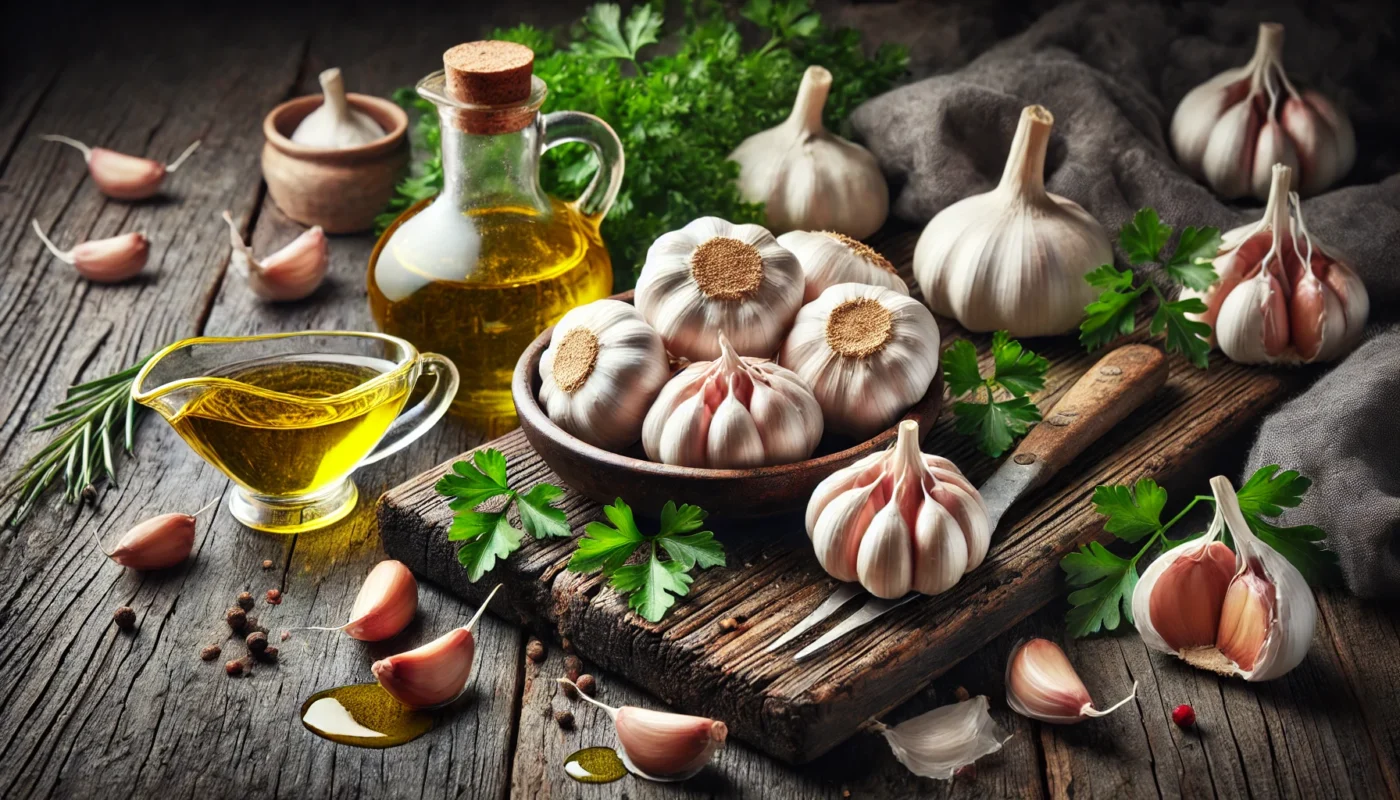Arthritis is a common ailment that affects millions worldwide. It’s characterized by joint pain and inflammation, often leading to reduced mobility and quality of life.
For many, managing arthritis pain is a daily challenge. Traditional medications can provide relief, but they often come with side effects. This has led many to seek natural remedies, such as herbal teas.
Herbal teas have been used for centuries to alleviate various health conditions. They’re rich in antioxidants and anti-inflammatory compounds, making them a potential complementary treatment for arthritis pain.
In this article, we’ll delve into the science behind herbal teas and their potential benefits for arthritis. We’ll explore various types of herbal teas, from green tea to ginger, turmeric, and nettle tea, among others.
We’ll also provide practical advice on how to incorporate these teas into your arthritis management plan. This includes potential side effects, interactions with medications, and the role of diet and lifestyle in managing arthritis.
Whether you’re a fitness enthusiast, a health enthusiast, or a medical patient, this comprehensive guide aims to help you navigate the world of herbal teas for arthritis pain.
Join us as we explore the potential of these natural remedies in providing relief and improving your wellbeing.










